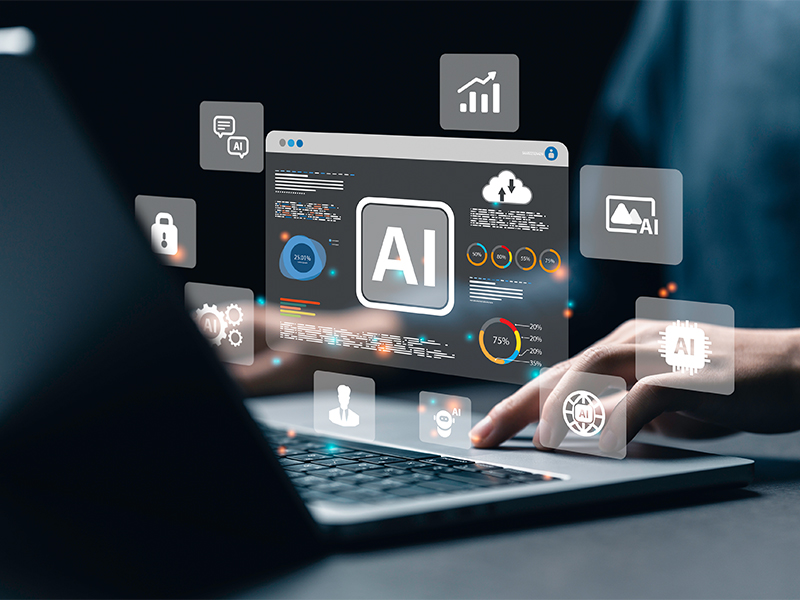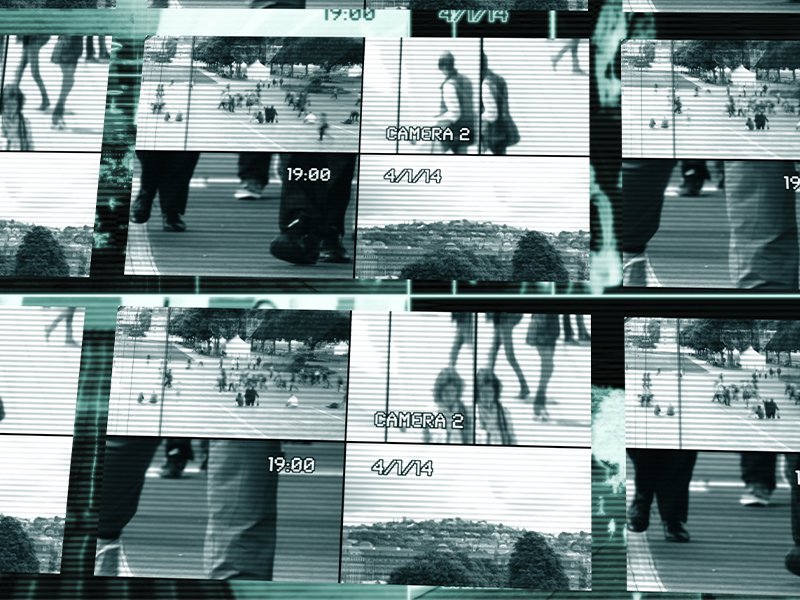When you picture a courtroom, you might envision judges in robes, eloquent attorneys, anxious plaintiffs, and perhaps, that person sitting quietly in the corner, rapidly transcribing every word that’s uttered—the court reporter. As a keen observer of legal tech trends, I’m fascinated by how Artificial Intelligence (AI) is becoming an increasingly prominent character in this courtroom tableau. More than just a supporting actor, AI has the potential to rewrite the script for court reporters entirely.
Automation and Transcription Services
Let’s kick off with the most obvious influence—automated transcription. AI algorithms equipped with Natural Language Processing (NLP) capabilities are becoming proficient at converting speech into text. Tools like Otter.ai and Rev.com are already popular in the journalistic and academic circles for transcribing interviews and lectures. So, it’s natural to wonder: If a machine can do the same job faster and potentially cheaper, where does that leave human court reporters?
Quality Over Quantity: The Human Touch
While AI can transcribe, it lacks the nuanced understanding of human language that a skilled court reporter possesses. Picking up on accents, dialects, or deciphering legalese spoken in hushed tones is an art form that court reporters have perfected over years. They also have the ability to ask for clarification in real-time, something AI is not equipped to do. Hence, while automated transcription is appealing, its quality is not yet on par with human skillfulness, especially in high-stakes legal settings.
The Reporter as a Technological Conductor
As AI technology advances, court reporters could transition into roles that are less about manual transcription and more about managing, fine-tuning, and ensuring the accuracy of AI-powered transcription services. They could become the “technological conductors,” if you will, orchestrating the various tech components to create an accurate record of court proceedings. Their expertise could be used to train these AI systems to navigate the complexities of legal jargon and courtroom dialects.
Real-time Analytics and Annotations
AI doesn’t just transcribe; it can analyze. Future court reporters might oversee AI algorithms that provide real-time analytics on the court proceedings. Imagine a situation where the AI system can flag specific recurring terms or phrases that may be key to a case, all while the court is in session. This kind of immediate analysis could be invaluable to legal teams and can elevate the role of court reporters to data analysts.
The Ethical Quandary: Privacy and Bias
Ah, but let’s not wade too deep into this stream without recognizing the crocodiles of ethical concerns. AI systems trained on biased or flawed data could inadvertently introduce prejudice into court records. Moreover, the privacy of sensitive courtroom discussions could be compromised if proper data security measures are not in place. Court reporters, with their stringent professional ethics, serve as gatekeepers of such ethical considerations. Their role could expand to become custodians of ethical AI usage in courtrooms.
Continuing Education: A Prerequisite for Adaptation
If court reporters are to adapt and thrive in this AI-augmented landscape, continuing education will be critical. Learning to manage AI tools, understanding data analytics, and even coursework in ethics could become essential components of a court reporter’s educational path.
My Take: Evolution, Not Extinction
As someone who loves pondering the future, I believe we’re looking at an evolution of roles rather than an extinction event for court reporters. Like many professions impacted by AI, court reporters will find their job descriptions expanding, their toolkits modernizing, and their roles becoming more integral to the technologically sophisticated courtrooms of the future.
So, if you’re a court reporter, a legal tech enthusiast, or simply someone curious about the intersection of AI and law, keep your eyes peeled. We’re on the cusp of significant shifts, and understanding these changes is crucial for both professionals in the field and those of us who rely on the justice system. The wheels of justice might grind exceedingly fine, but with AI, they might also grind exceedingly smart—provided we have human expertise steering the wheel.





